
9 Swaps for a Zero Waste Kitchen
The kitchen is one of the most important parts of a home. It’s where we spend hours leaning over the stove, waiting patiently in front of the heating oven, or peering out of the window while washing dishes. There are many features of a kitchen that can harm the environment. But luckily, there are eco-friendly alternatives for all of these. Here are some of the best swaps to transform your kitchen into a zero-waste space:
Products
1. Plastic Wrap: When we have leftovers, most of us just wrap them up for tomorrow. But what happens to that plastic wrap once it has served its purpose? Instead of contributing to the plastic pollution crisis, why not opt for more reusable options such as glass containers and long-lasting silicone tupperware? That way, you’ll be able to keep your food fresh while never needing to throw anything away.
2. Single-Use Bottles: Ditch the store-bought bottled water or cooldrink and purchase a reusable and refillable bottle.
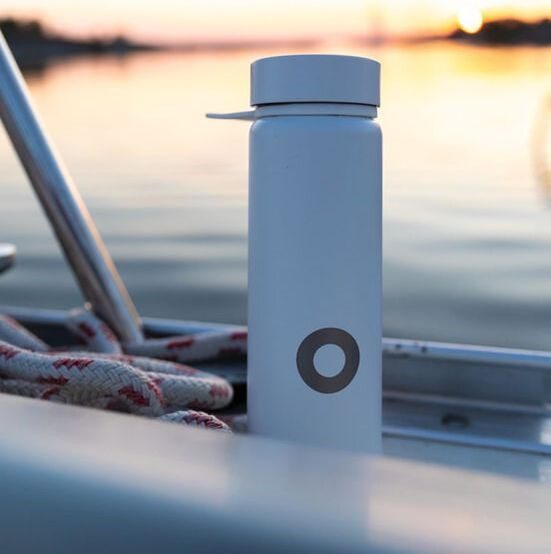
Credit: Bluewater globe, Unsplash3. Sponges: Scrunchy, soft sponges can make cleaning the dishes easier, but they’re certainly not easy on the environment. In fact, sponges are designed to be tossed after a mere two weeks of use. Instead of creating more waste, switch to compostable or reusable dish scrubbers.
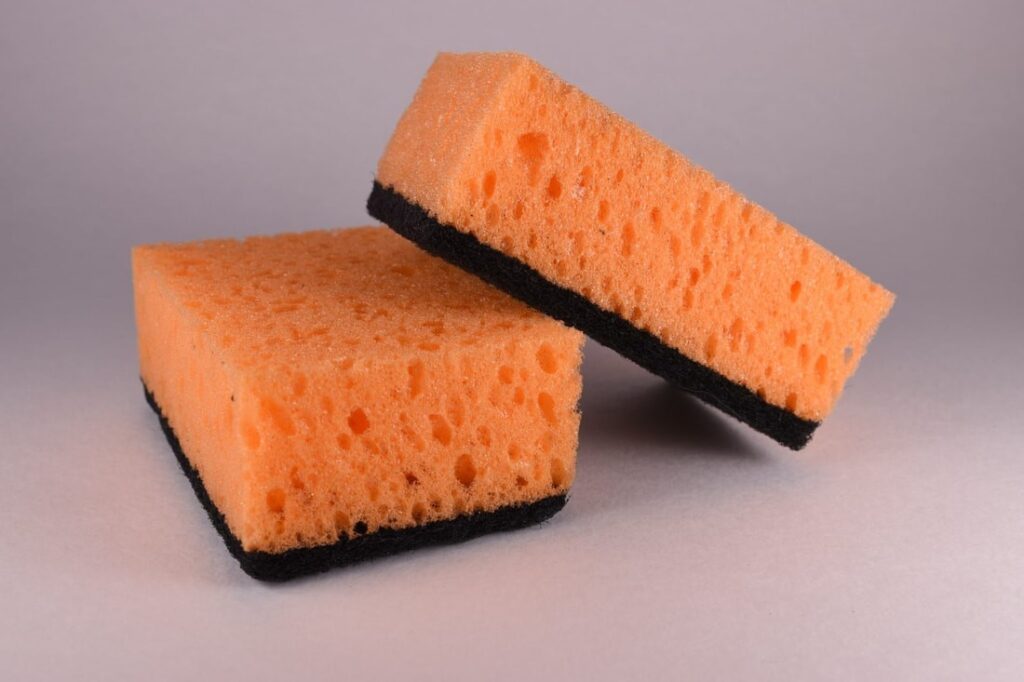
Credit: Artem Makarov, Unsplash4. Foil: Aluminium or tin foil can be hazardous to both the planet and the wildlife who call it home. Luckily, there are a few simple, nifty swaps for this item. Instead of foil, why not try beeswax paper? It’s accessible, affordable, and eco-friendly. Alternatively, foil can be recycled by scrunching it up into a tight ball – just make sure you clean it first! Learn about recycling and plastic here.
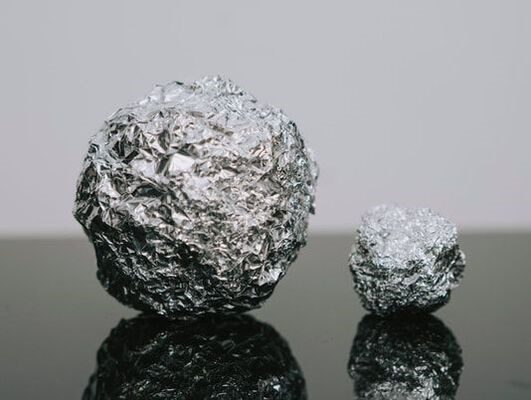
Credit: Teslariu Mihai, Unsplash5. Paper Towels: While they may be easy and effective, paper towels and the waste they create is an unnecessary burden on the environment. Rather purchase some reusable and washable dishcloths that will perform the same purpose while mitigating the waste.
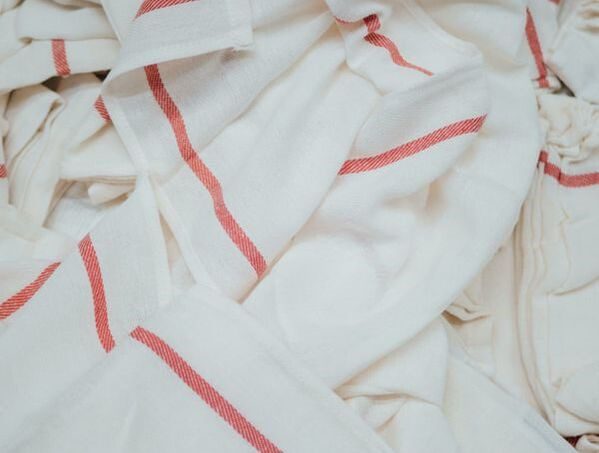
Credit: Brain Patrick, Unsplash6. Food Waste: Did you know that one-third of all food produced annually is thrown away, ending up in a landfill? However, there is an easy fix to this eco issue – composting! Composting is incredibly simple, effective, accessible, and affordable while remaining fun and packed with benefits. Learn how to start composting for beginners here.
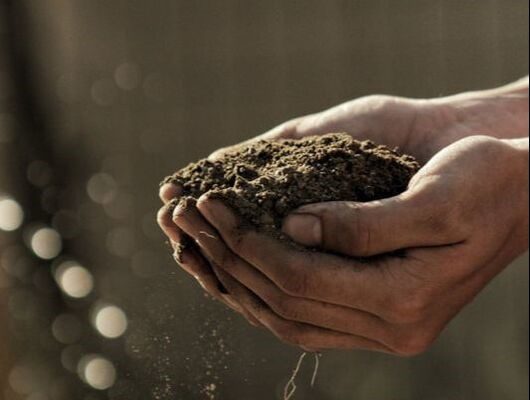
Credit: Gabriel Jimenez, Unsplash
Actions
7. Dishwashing: There are multiple disservices dishwashing does for the environment. From the products we use that often get tossed after only a few uses to the wastewater we drain back into the environment, dishwashing can actually be detrimental without us even knowing. However, there are a few things we can do at home to mitigate the negative effects. Try swapping that plastic-bottled dishwashing liquid for a bar of biodegradable and non-toxic soap. Opt for compostable or reusable dish scrubbers. Make sure you clean all food off your dishes before washing them with water. Do not dispose of your oil down the drain – throw it in the rubbish instead. Remember to use as little water as possible. Dishwashers can prove more water efficient, but it’s important to ensure that they are packed to the brim before starting the wash.
8. Cooking: We all cook, and it can either be a joy or a chore. But when it comes to the health and well-being of the environment, there are a few thighs we can follow to ensure that our cooking process is as eco-friendly as possible. First, try shopping locally and purchase more organic produce. While cooking, remember to save electricity by turning the oven or stove off just before your food is ready – this saves energy while continuing to cook your food. Make more home-cooked meals rather than eating out – this has myriad benefits on the planet and your own health.
9. General Cleaning: Cleaning products do anything but cleaning when it comes to the planet. Overflowing with toxic chemicals that seep back into the environment, they’re harmful, wasteful, and unnecessary. However, making your own cleaning products can be both incredibly easy and affordable. For example, you can create an effective all-purpose cleaning product by mixing together vinegar, baking soda, lemon, water, and even some orange essential oil for a fresher smell.
There are many ways to transform your kitchen into a space that embraces zero waste. While some of these hacks may take a little more time and energy, they’re all worth it in the end and support the well-being of the planet.
Reference List
Zellgg, Kathryn. 10 Swaps for a Zero Waste Kitchen. Going Zero Waste.
https://www.goingzerowaste.com/blog/10-easy-swaps-for-a-zero-waste-kitchen/
Zellgg, Kathryn. Zero Waste Dishwashing. Going Zero Waste.
https://www.goingzerowaste.com/blog/zero-waste-dishwashing-day-20-of-the-zero-waste-challenge/
Zellgg, Kathryn. The Ultimate Guide to Zero Waste Cleaning. Going Zero Waste.
https://www.goingzerowaste.com/blog/the-ultimate-guide-to-zero-waste-cleaning/




